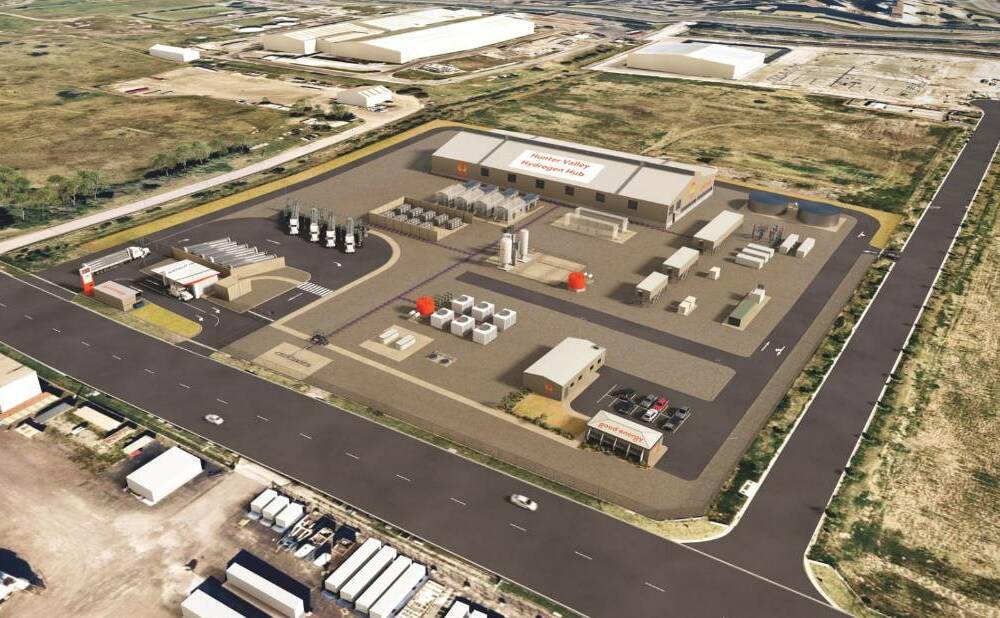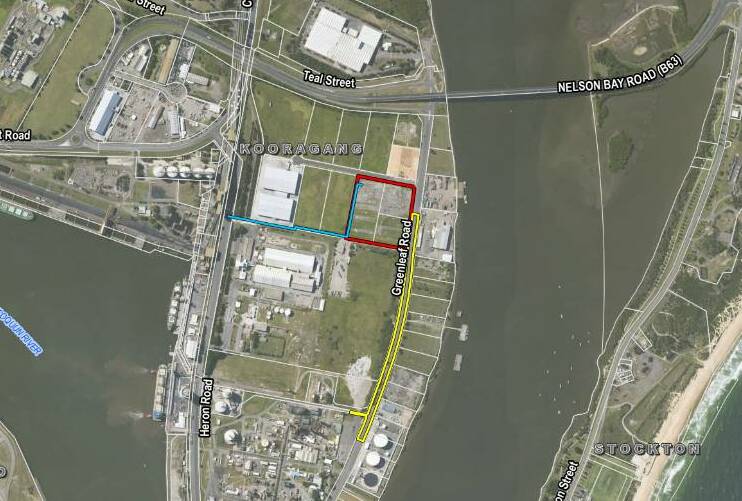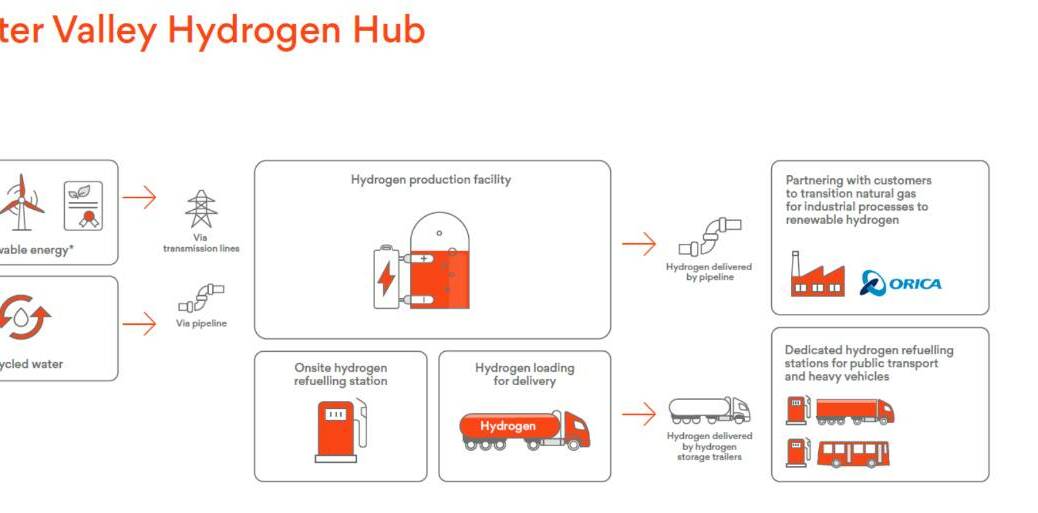The state government has signed off on a $45 million funding agreement to build the Hunter Valley Hydrogen Hub on Kooragang Island.
It follows a $70 million federal government investment in the hub in July.
The project, led by Origin Future Fuels, will assist emissions intensive industries reduce their reliance on fossil fuels.
It will produce green hydrogen through electrolysis, which can be used to store energy and as a feedstock in industrial processes.
"A green hydrogen industry in NSW has the potential to support 10,000 new jobs and add $6.4 billion in gross state product," NSW Energy Minister Penny Sharpe said.

"The Hunter area is one of NSW's leading industrial regions that contributes $50 billion to NSW's gross state product and has a critical role to play in our state's clean energy transition."
The hub will initially deliver approximately 55 megawatts of electrolyser capacity by 2026, with a goal of scaling up to over 1 gigawatt of capacity over the next decade.
The majority of the hydrogen produced at the hub will be used by industry, with the majority going to Orica's nearby ammonia manufacturing facility.
Hydrogen will also be made available to transport customers through onsite and satellite refuelling stations.
The project will deliver up to 150 direct and 65 indirect construction jobs.
Orica's co-located tertiary abatement plant recently reached a milestone when it abated the equivalent of 250,000 tonnes of carbon dioxide emissions. This is the equivalent of removing 150,000 cars from NSW roads.

The plant, which is co-funded by the NSW government and the Commonwealth's Clean Energy Finance Corporation, will abate the equivalent of more than 500,000 tonnes of carbon dioxide per year, reducing emissions from Orica's nitric acid manufacturing plant by 48 per cent.
A recently released environment impact statement for the Hunter Hydrogen Hub said it would bring long-term positive social, environmental, and economic impacts for Newcastle and the wider region.
"The project would provide foundations to strengthen NSW's position as a major regional and international hydrogen supply chain and assist the activation and growth of low-emission industries," the EIS says.
The hydrogen production facility will be connected to the Kooragang Industrial Water Scheme.

It is anticipated the maximum rate of water supplied for any one day would reach 1.1 to 1.65 megalitres a day at full production.
Ms Sharpe said the state government was committed to growing the hydrogen sector as a future industry for NSW.
It previously approved $28.5 million for the Illawarra Hydrogen Technology Hub and $35.8 million for the Good Earth Green Hydrogen and Ammonia Project in Moree.
"Projects like the Hunter Valley Hydrogen Hub are vital to decarbonising the industrial sector as we work towards our a net-zero future," Ms Sharpe said.
"The Minns Labor Government is committed to investing in clean technologies which will create new jobs, business opportunities and allow NSW to become a clean energy superpower."







